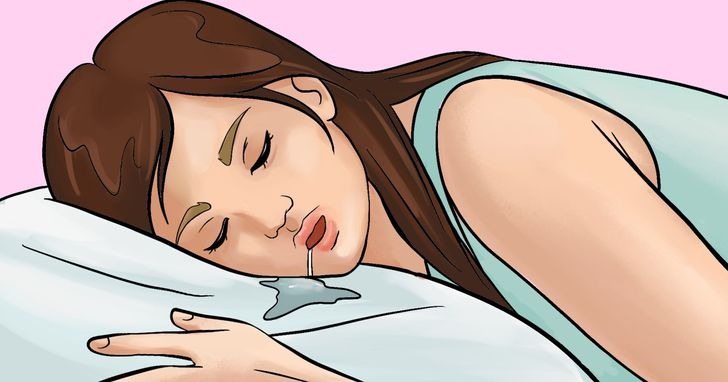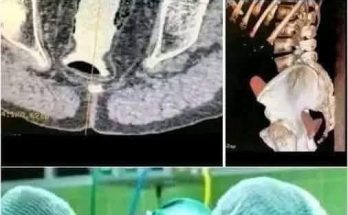The Unexpected Clue: When Drooling Signals a Serious Health Issue
We’ve all woken up with a slightly damp pillow. A little nighttime drool is usually nothing to worry about. But what if that occasional dampness becomes a recurring, one-sided deluge? What if your shirt is consistently soaked? This seemingly minor detail could be a crucial warning sign, as it was for Xiao Liang.
Xiao Liang’s Wake-Up Call: From Overworked to Under-Treated
Xiao Liang, a 25-year-old software engineer from China, lived the classic “hustle culture” lifestyle. Long hours at the office, late-night coding sessions, and weekend gaming marathons were the norm. He dismissed his fatigue as simply a consequence of his demanding schedule. However, a persistent, unusual symptom started to emerge: consistently wet patches on his pillow, always on the left side of his face. Initially embarrassed, his growing concern led him to seek medical attention. A thorough examination, prompted by subtle facial symptoms, resulted in a CT scan. The scan revealed early signs of a blocked brain blood vessel – a potential precursor to a stroke. Early detection and swift treatment, largely prompted by his seemingly insignificant drooling, potentially saved his life. His story underscores the importance of paying attention to even the most subtle changes in our bodies.

Understanding the Science of Saliva and Nighttime Drooling
Saliva, often overlooked, plays a vital role in our overall health. Produced by salivary glands controlled by our autonomic nervous system (meaning we don’t consciously control it), we generate approximately 1 to 1.5 liters daily. Production increases in response to eating, thoughts of food, or specific nerve stimulations. At night, saliva production naturally slows. Therefore, persistent or excessive drooling, particularly in adults, can be a significant warning signal.
Common and Less Common Causes of Excessive Nighttime Drooling

Several factors can contribute to nighttime drooling, ranging from relatively benign to potentially serious medical conditions:
1. Oral Health Issues:
Inflamed gums (gingivitis), throat infections, misaligned teeth, ill-fitting dentures, or braces can all prevent your mouth from closing completely during sleep, leading to drooling. A visit to your dentist is crucial for addressing these issues.
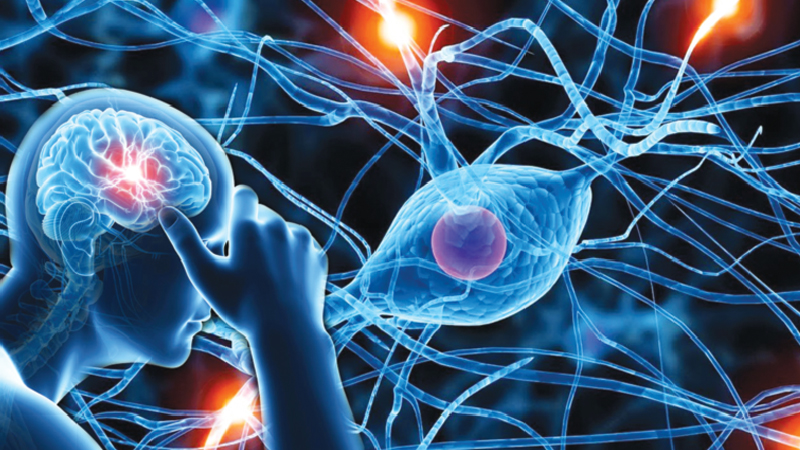
2. Facial Muscle Weakness or Paralysis:
Conditions such as Bell’s palsy can weaken one side of the face, hindering saliva control. This can manifest as an uneven smile, drooping eyelid or mouth corner, or difficulty closing one eye. Immediate medical attention is necessary as facial nerve issues are often treatable with early intervention.
3. Gastroesophageal Reflux Disease (GERD):
Acid reflux can trigger excess saliva as a defensive response. Even without classic heartburn, GERD can manifest as a sore throat, unpleasant taste, or nighttime coughing. Avoiding large meals before bed, elevating your sleeping position, and consulting a doctor are recommended steps.
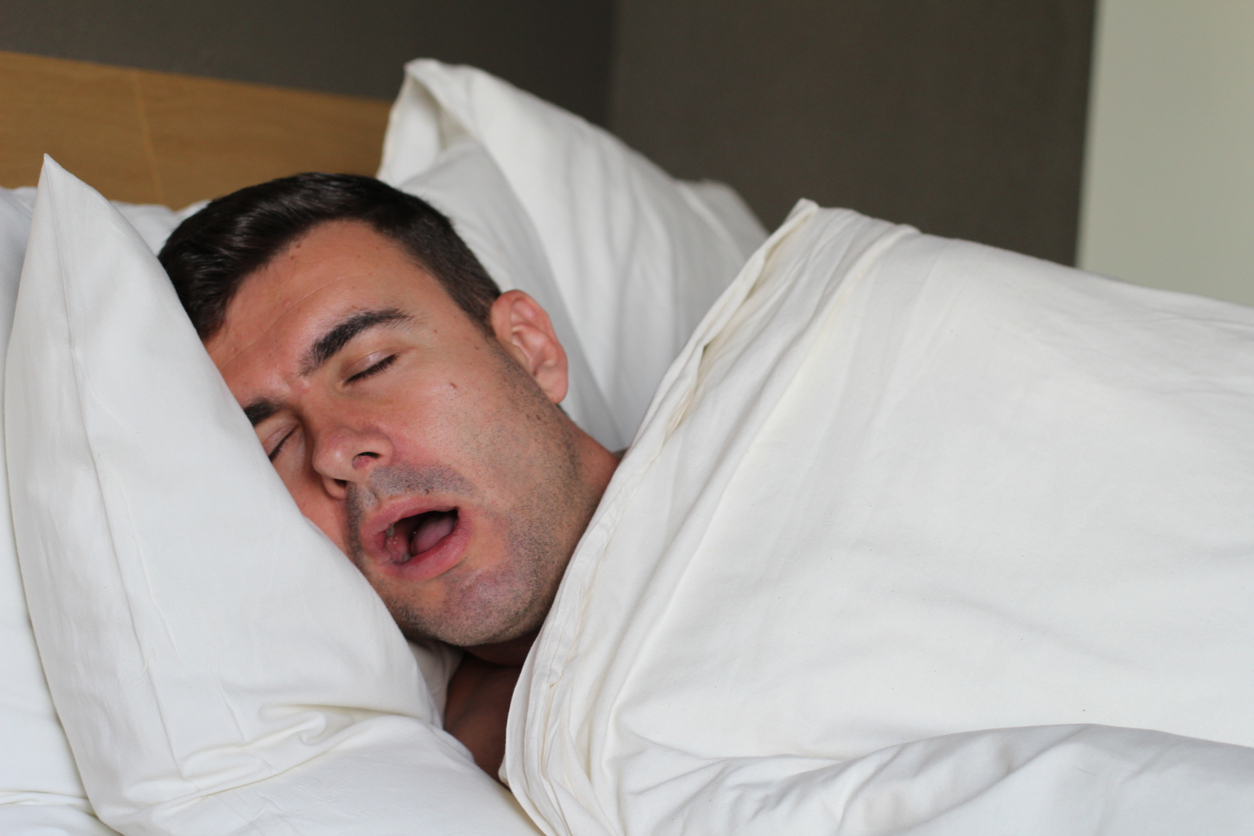
4. Neurological Conditions:
Conditions like Parkinson’s disease, cerebral thrombosis, and amyotrophic lateral sclerosis (ALS) can impact swallowing or facial muscle control, resulting in drooling. This symptom, alongside tremors, slurred speech, or swallowing difficulties, warrants a neurologist’s consultation.
5. Vascular Conditions:
Reduced blood flow to the brain, often associated with arteriosclerosis, can subtly affect motor control, including mouth muscles, causing drooling. Individuals with high blood pressure, diabetes, or high cholesterol should be particularly attentive to this symptom. Managing cardiovascular risk factors and consulting a doctor are vital.
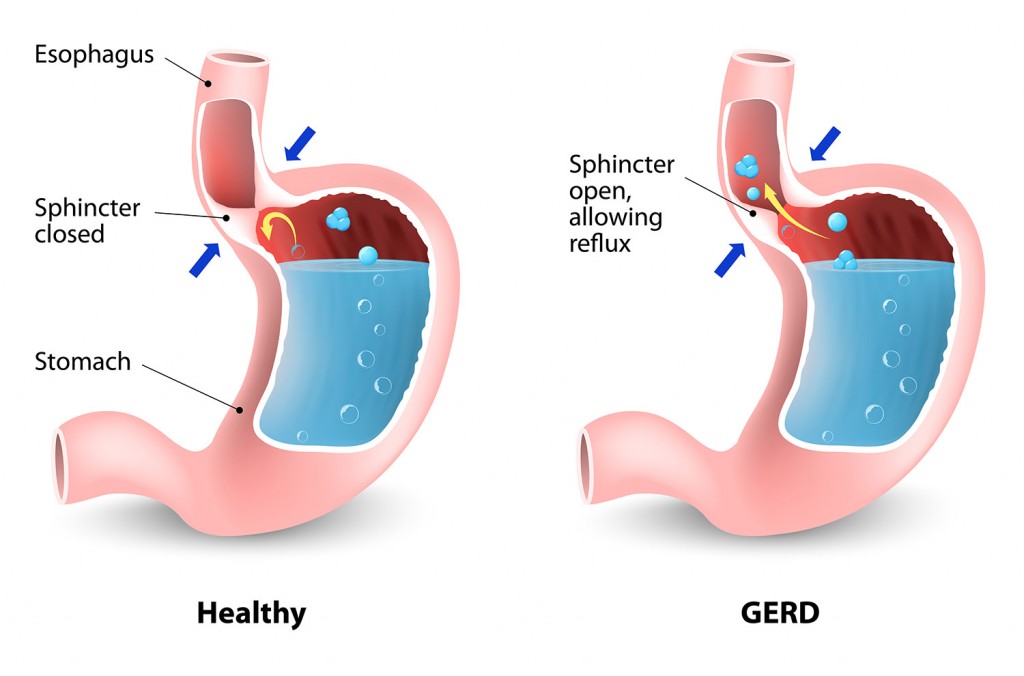
6. Sleep Position and Mouth Breathing:
Sometimes, drooling is simply a matter of sleep position. Sleeping on your side or stomach, especially with mouth breathing due to allergies, nasal congestion, or sleep apnea, can lead to drooling. Switching to a back sleeping position and using supportive pillows can alleviate this.
When to Seek Medical Attention for Drooling
While occasional drooling is usually harmless, persistent or one-sided drooling in adults demands medical attention. Consider these questions:
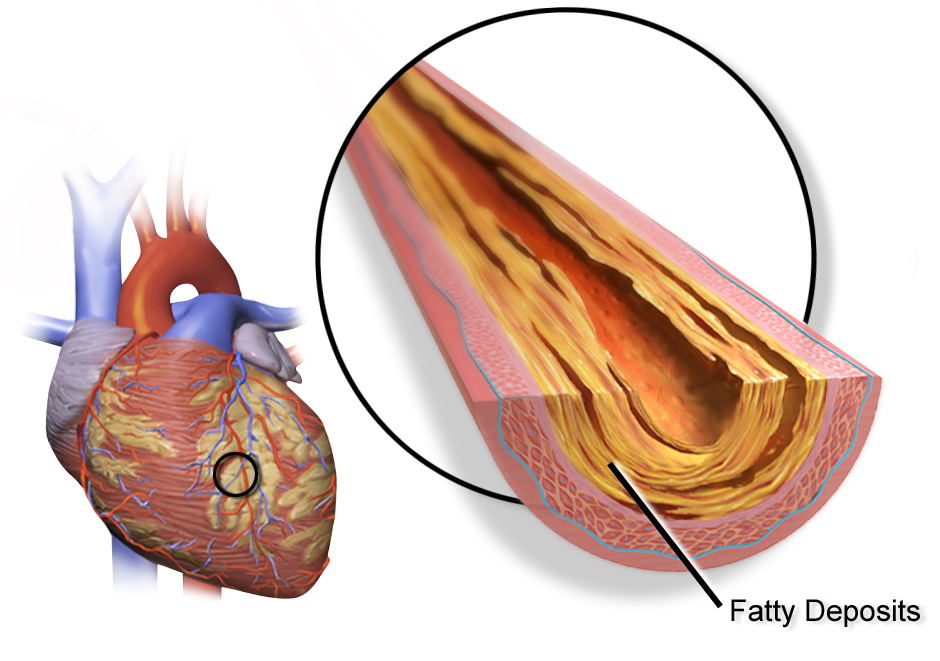
- Does it occur more than once or twice a week?
- Is it consistently from the same side of your mouth?
- Are there accompanying symptoms like headaches, facial numbness, or speech difficulties?
If you answer “yes” to any of these, consult a healthcare professional immediately.
Managing and Reducing Nighttime Drooling
Several strategies can help manage nighttime drooling:
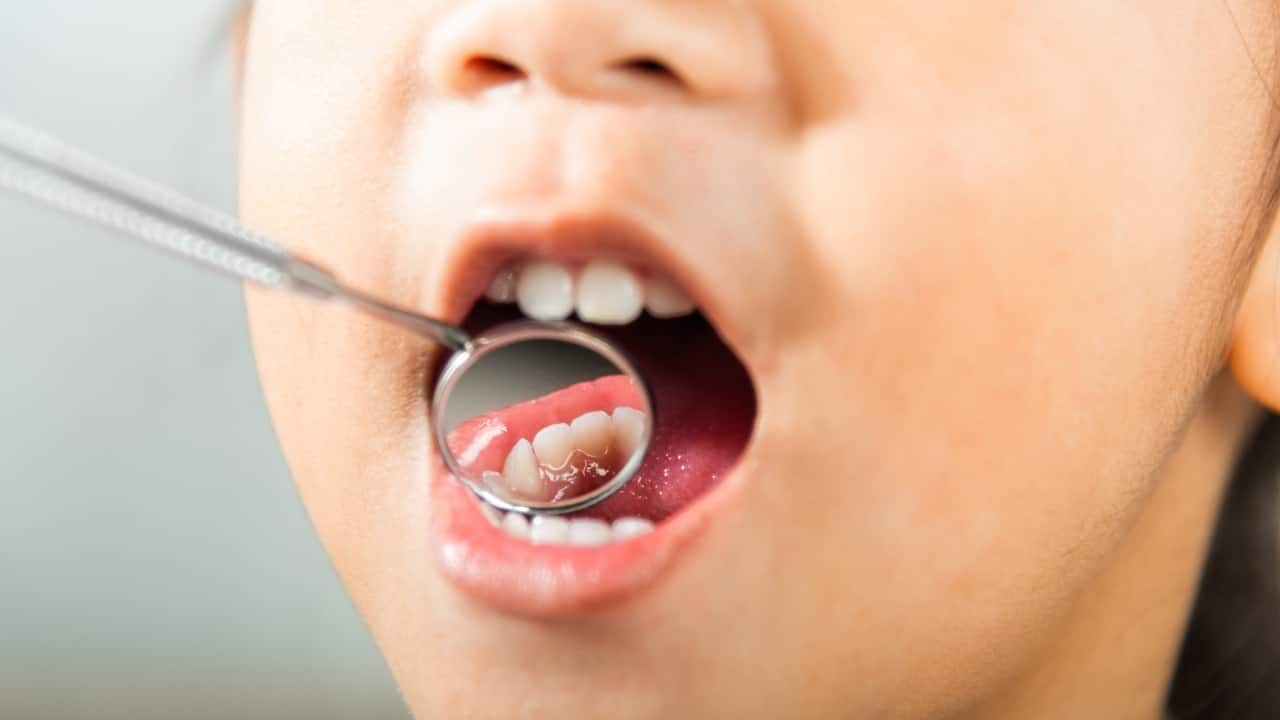
- Adjust your sleep position: Sleeping on your back helps maintain head alignment.
- Address nasal congestion: Treat allergies or sinus infections and consider a humidifier.
- Prioritize oral hygiene: Regular brushing and flossing are essential.
- Hydrate adequately but not too late: Avoid large amounts of water before bed.
- Review your medications: Discuss any potential medication side effects with your doctor.
Frequently Asked Questions (FAQ)
Is drooling in sleep normal? Occasional drooling is normal, especially due to sleep position or mild congestion. However, frequent or one-sided drooling requires medical evaluation.

Can stress cause drooling? Yes, chronic stress and fatigue can affect the nervous system’s saliva regulation, potentially leading to increased drooling.
When should I see a doctor? Consult a doctor if you experience frequent drooling, facial weakness, other neurological symptoms, or have cardiovascular risk factors.

Is drooling treatable? Yes, treatment depends on the underlying cause, ranging from lifestyle adjustments to managing medical conditions.
Xiao Liang’s experience serves as a potent reminder: Don’t dismiss seemingly minor symptoms. Your body is constantly communicating; listen carefully to what it’s trying to tell you.
